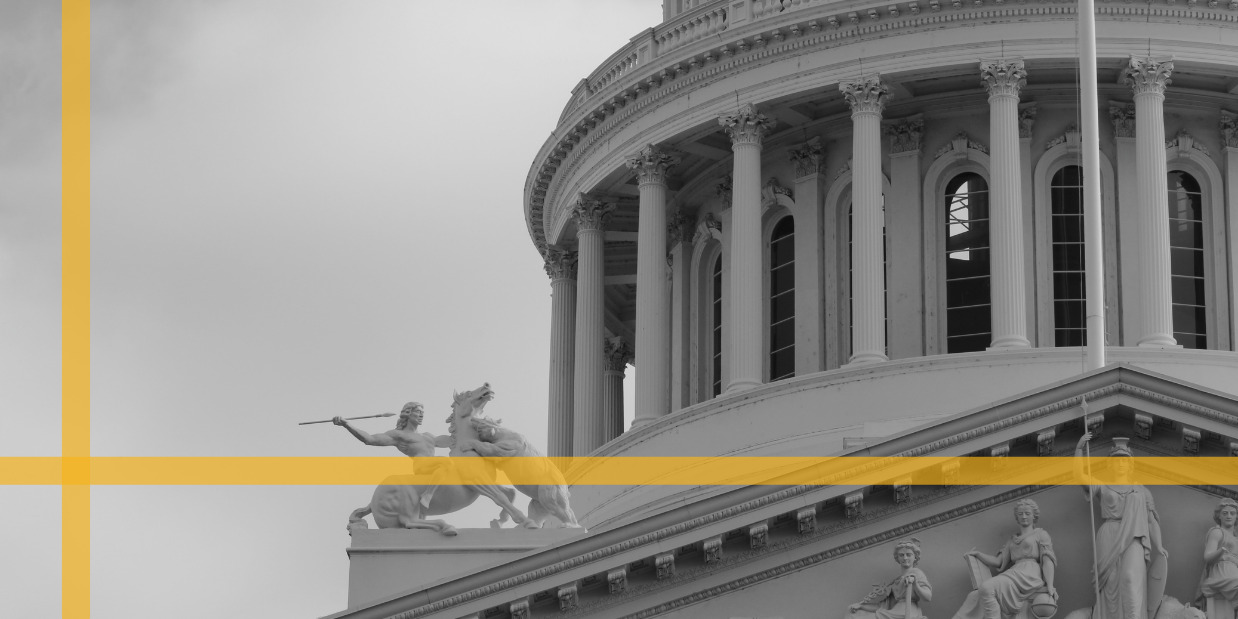Businesses and nonprofits fail to reach the most coveted of consumers, Millennials and Gen Zs, effectively. The impact has been revenue deterioration, customer and donor erosion, brand weakness, job losses, and mission failure.
Traditional advertising has little impact on reaching Millennials and Gen Zs, but Influencers and their content do. Nielsen’s 2015 research shows that rather than a brand’s advertising or reputation, Influencer endorsements resonate more strongly with audiences among Gen Z (ages 15-20) and millennials (ages 21-34) whose buying decisions are motivated mainly by social media or celebrity endorsement. That is why brands and nonprofits acquire customers and donors using the “Influencer Effect” to cause the intended audience to mimic the Influencer’s actions or recommendations.
Please don’t choose an Influencer simply because you personally are a fan or because they have a large social media following. The number one criterion for the right Influencer(s) to drive awareness, support, and engagement for your mission, cause, or campaign is credibility. This is made up of:
Authenticity

“To thine own self be true” and “I’m real, I’m real, I’m really, really real” are lines from, respectively, Shakespeare’s Hamlet and Kendrick Lamar’s “Real.”
Despite being 409 years apart, the message is the same: authenticity is highly prized. We want to feel that the Influencers we follow are being honest and not trying to manipulate us. An Influencer’s authenticity positively affects consumer experiences and responses to brands and causes.
So, who do you think are the most authentic Influencers? The answer will depend on your age since younger people value rarity and older folk stability. Dave Chappelle, Hugh Jackman, Jennifer Lawrence, Lizzo, Barak Obama, and Ed Sheeran consistently rank as the most authentic.
Authenticity is why George Clooney can advertise Nespresso coffee; Sofia Vergara, Head & Shoulders; and Oprah Winfrey, Weight Watchers. Each one uses the product in real life. Shaquille O’Neal, a board member and franchisee of Papa John’s, has been a big reason for that company’s rebound. The Shaq a Roni pizza Shaq pitched sold more than 3 million units and raised more than $3 million for charities in less than two months.
The reverse—inauthenticity—can lead to significant embarrassment. In 2016, reality star Scott Disick was paid to promote Bootea, a weight loss shake. The aim was for the public to believe Scott used the product organically, while in reality, he was being paid to post on his Instagram account. Unfortunately, Scott posted not only the post itself but also the instructions from the company:
“Here you go, at 4 pm est, write the below. Caption: Keeping up with the summer workout routine with my morning @booteauk.”
The trust level of Scott’s audience plummeted because of his actions. As you know, trustworthiness is a crucial component of an Influencer being authentic.
A trusted Influencer will release the Influencer Effect and result in your audience paying attention and taking action in far higher numbers than they would without that certitude. Authenticity cuts through the tsunami of messages we are all bombarded with daily. So, as you are doing your research, consider what the specific audience segment you are targeting considers authentic about any Influencer. Authenticity will impact whether you choose or reject a particular Influencer.
Reputation
After an authentic connection to your cause, the next crucial factor is the Influencer’s reputation. Reputation is the belief that others have about a person’s characteristics. Your Influencer may genuinely be of good character, but if the public, your board, or other stakeholders believe otherwise, for whatever logical or illogical reasons, then they are not the Influencer for you.
What makes up an Influencer’s reputation? Depending on what is most important to you, you can create your list of attributes that you want an Influencer to manifest. Insight Timer, a meditation app, looks for meditation teachers known for their skill, compassion, and kindness. In contrast, sports brand Under Armour wants its brand ambassadors to be fit, serious, and driven.
Reputation is fluid and changes over time in response to the cultural pulse.
In tandem, the public’s goodwill towards an Influencer varies over time, so be aware of these fluctuations. Our heroes fall from grace; some are resurrected, while others fail to recapture the public’s love. Robert Downey Jr., Martha Stewart, and Lauryn Hill spent time in prison. After serving their sentences, they returned to the public’s warm embrace and have had successful careers.
When researching an Influencer(s) reputation, be cautious about what you take as gospel. Social media, in particular, is rife with fake and unsubstantiated rumors, gossip, and trolls. Use caution, common sense, and fact checking to verify or refute a social—or, for that matter, a traditional media—story.
Ultimately, if your gut is that your potential Influencer’s reputation is a poor fit with your brand, cause, or organization’s culture, don’t approach them.
A supporter, whether a customer, donor, or volunteer, is expensive to acquire through advertising or incentives. Marketing firm Tomoson’s survey research shows that Influencer marketing and emails were the most cost effective online method of customer acquisition at over double the success rate of advertising or paid search. By all means, engage Influencer(s) but resist the urge to go for the biggest number of followers and instead focus on the Influencer’s credibility. That way you will have a far better probability of a successful campaign.
You will find free resources on research methods and templates on my book “Good Influence: How ToEngage Influencers For Purpose And Profit” on my website. Click here to get an excerpt of my book, and visit my resources page for free tools to help your campaign be more successful.
This article was written by Paul Katz.






